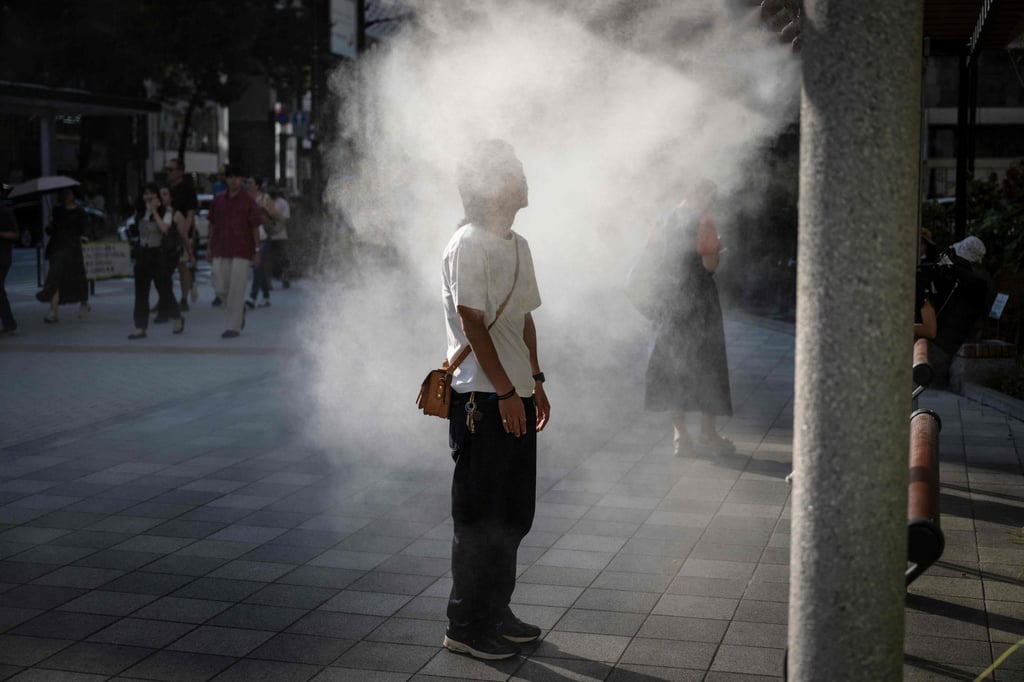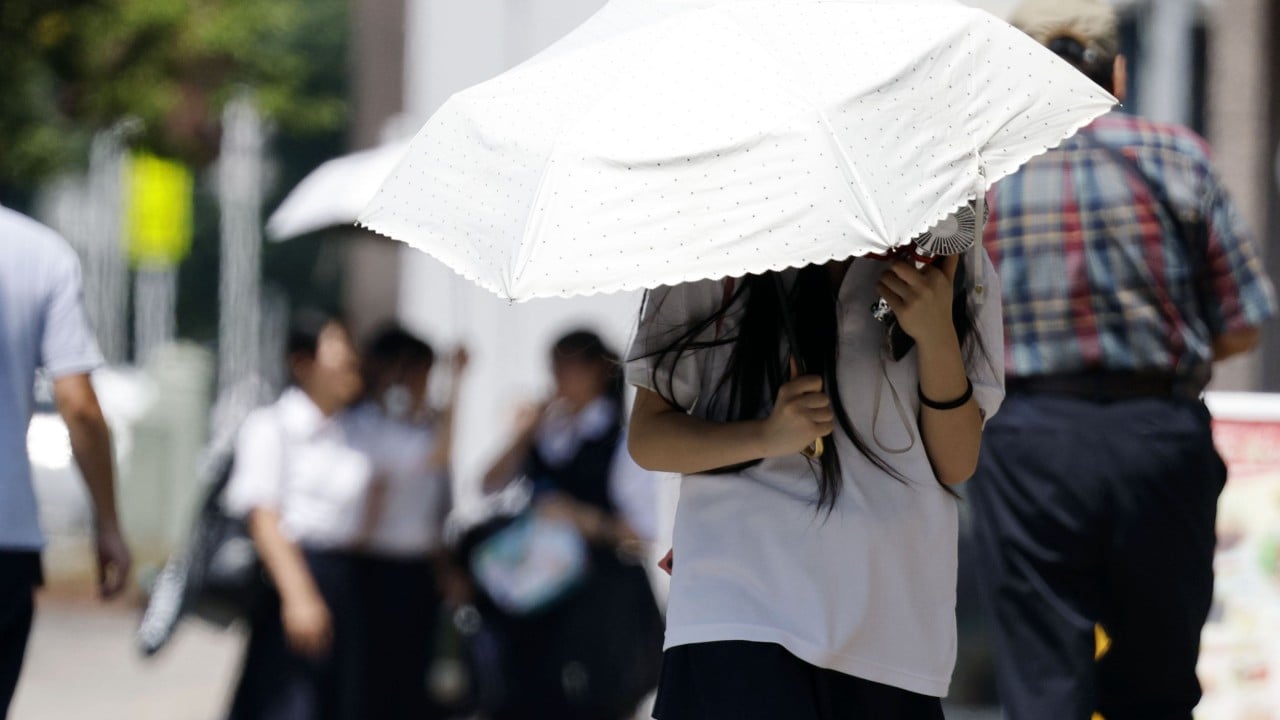Japanese summers have lengthened by about three weeks over the 42 years from 1982 to 2023, a university research group said on Saturday.
Advertisement
The Mie University group said that due to climate change, the number of days classified as summer has increased each year, while the length of winter has remained relatively unchanged, and the average durations of spring and autumn have shortened.
The group cited “the rise in sea surface temperatures due to global warming” as the main factor, warning that “the trend towards longer summers and winters will intensify if warming continues”.
The Japan Meteorological Agency defines summer as lasting from June to August, without specifying a temperature range.
The researchers included second-year master’s student Mao Takikawa and Yoshihiro Tachibana, a professor in the university’s Department of Environmental Science and Technology.
Advertisement
In their research, the group divided the area from Japan’s northernmost main island of Hokkaido to the southernmost one of Kyushu, including surrounding ocean areas, into about 200 zones and used the agency’s observation data to calculate the average annual maximum temperature over 42 years.


